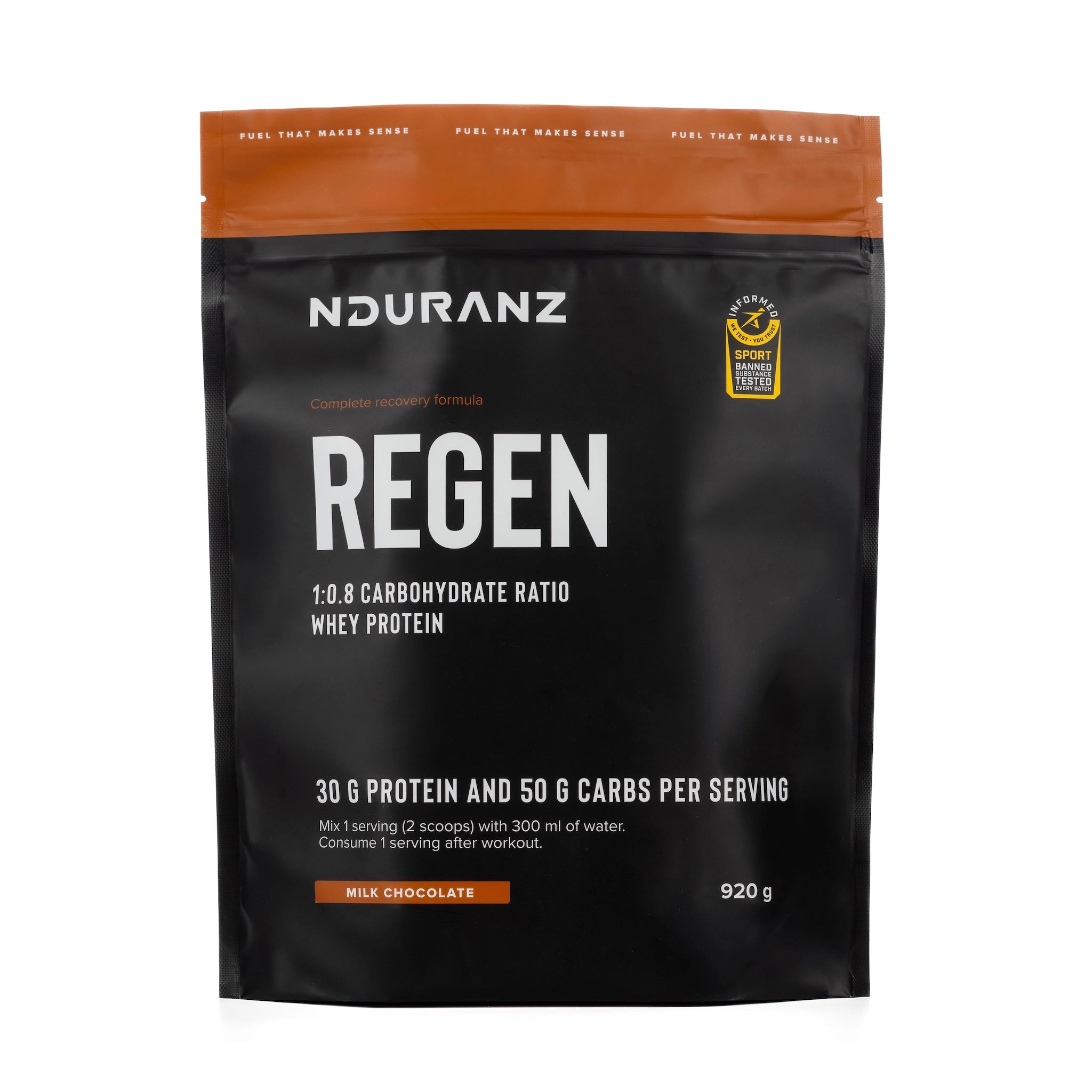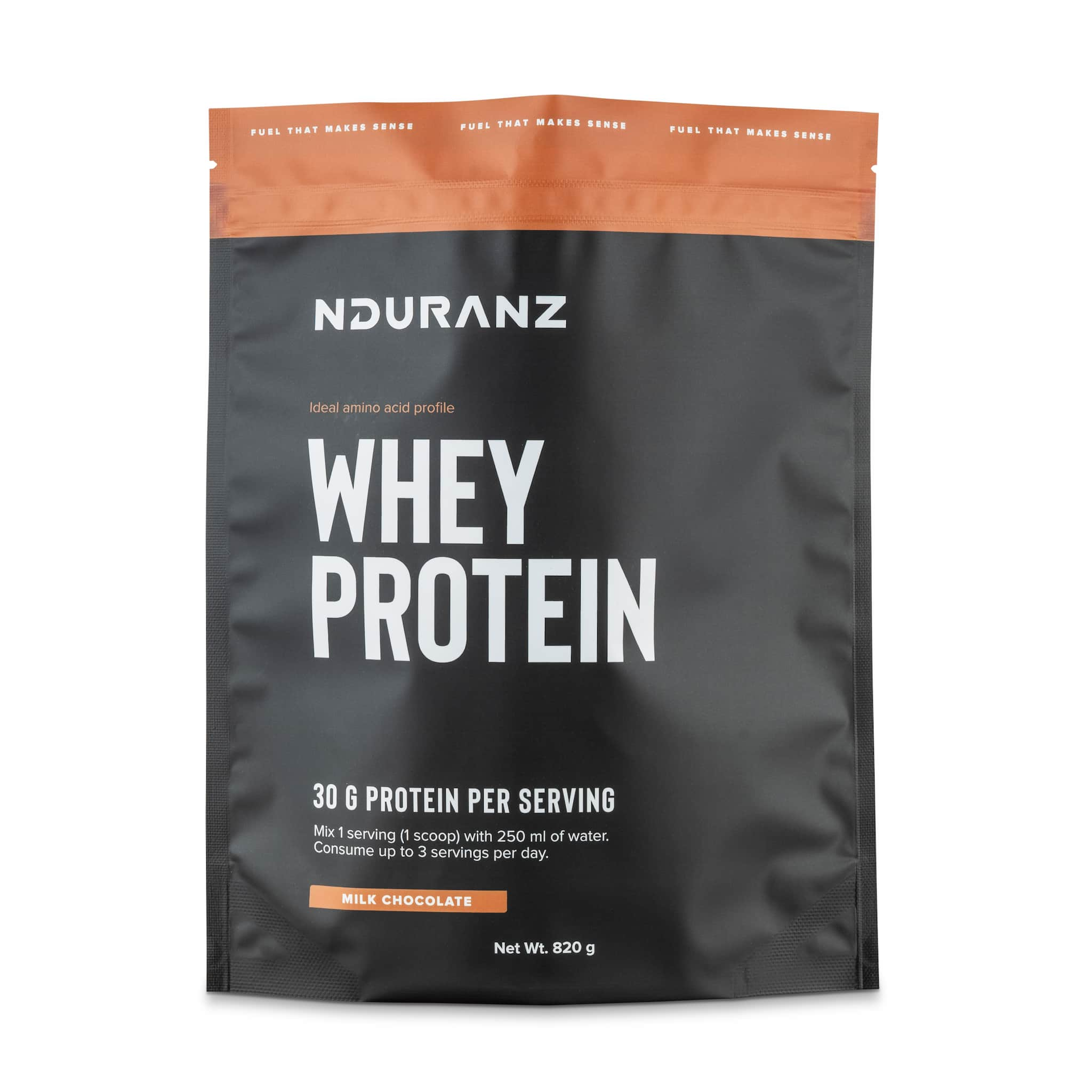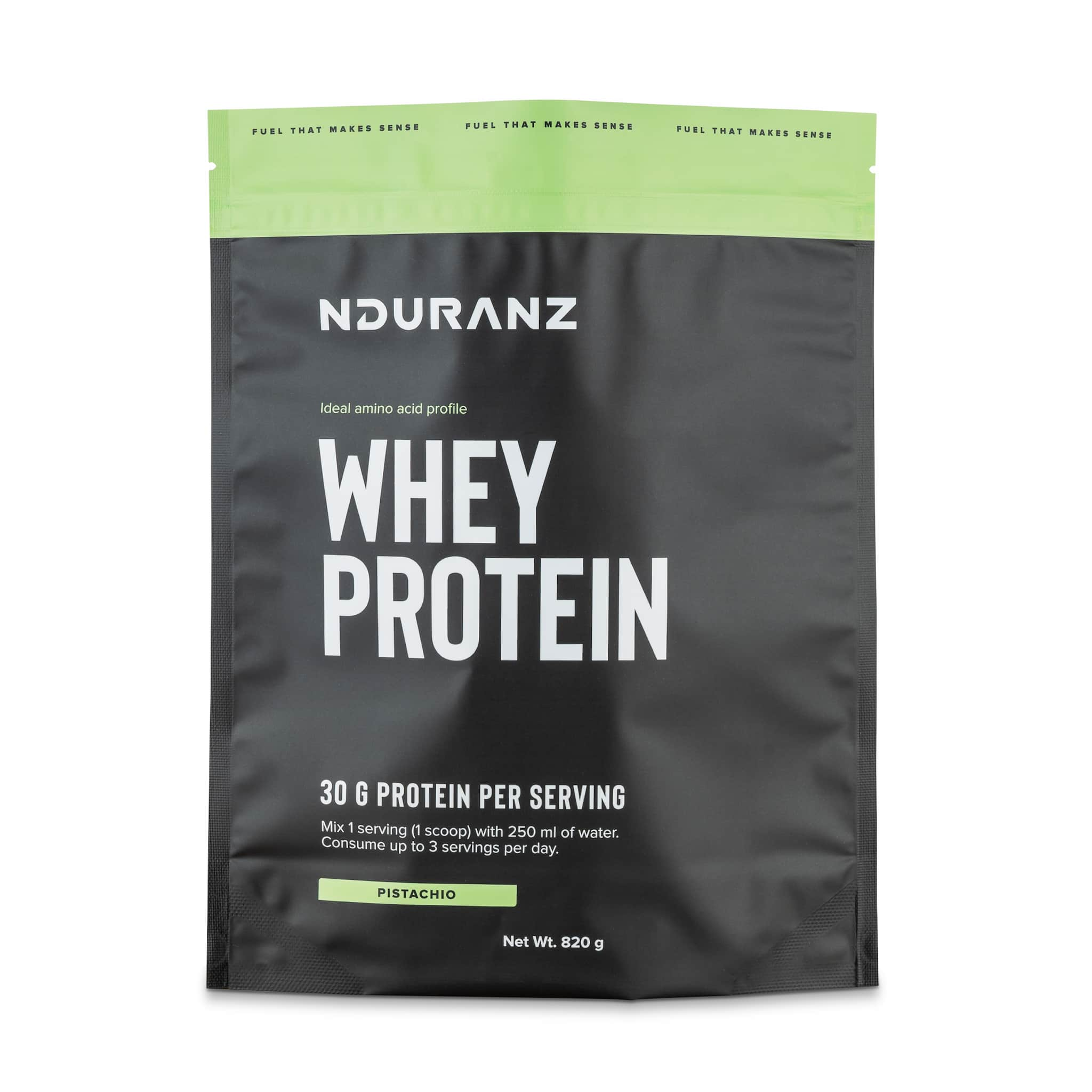Recovery and Protein Shakes
Recovery drinks designed to rebuild muscle, refuel glycogen, and help you adapt for your next workout.
About Recovery Drinks
Why are recovery products important for endurance athletes?
Endurance training subjects your body to stress, drains your muscles of glycogen and breaks down tissue. Recovery nutrition replenishes energy stores and repairs muscle, driving adaptations so you see performance gains. Skip recovery nutrition, and you risk lasting fatigue, poor quality workouts, injury, or even overtraining syndrome.
What should endurance recovery drinks contain?
Recovery drinks should contain protein to repair muscles, carbohydrates to restore glycogen, and electrolytes to restore those lost through sweat.
Why not just use protein?
Protein supports muscle repair, but it doesn’t replenish glycogen or help with electrolyte balance. That’s why Regen includes all three, helping your body recover faster so it’s ready for your next session. Nduranz Whey Protein can be used to boost daily protein levels, after non-endurance workouts, or if you are getting carbohydrates and electrolytes from other sources following your endurance session.
When should you take recovery products?
Consume carbohydrates within 30 minutes of finishing endurance exercise. This is when your muscles are most primed to absorb glycogen. While there is no set timeframe for consuming protein, research shows that carbohydrates are absorbed more efficiently when paired with protein, so it is best to consume them together for optimal recovery.
Is Regen different from standard gym recovery shakes?
Yes. Most recovery shakes are designed for strength athletes and focus primarily on protein. Regen is formulated specifically for endurance athletes and contains the right balance of carbohydrates, protein, and electrolytes to support recovery from long, intense sessions.
Why whey protein?
Whey is a complete protein, meaning it contains all essential amino acids, including leucine, which directly stimulates muscle repair. Among complete proteins, whey is the most researched and proven to help repair the muscle damage that accumulates during long sessions, while also supporting adaptations that improve future performance.
Does whey protein cause an upset stomach?
Whey protein is derived from dairy and contains a small amount of lactose, which can cause stomach discomfort in some athletes, especially those sensitive to lactose. To help avoid this problem, Nduranz recovery products contain a digestive enzyme blend that helps break down protein and lactose, making it easier to digest and reducing the risk of upset stomach.
How much protein do endurance athletes need?
Research shows that endurance athletes need 20–30 grams of complete protein after exercise to maximize muscle protein synthesis. They also have higher daily protein needs than the general population and should aim to consume 1.6 to 2.5 grams of protein per kilogram of bodyweight daily.





